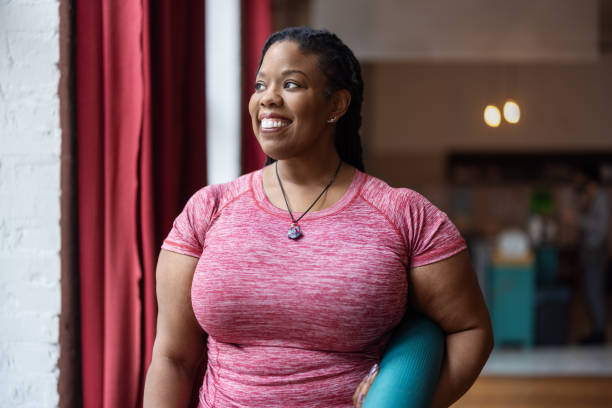
Menopause, strictly speaking, is when you stop having periods, but it is usually identified once it has been a year since your last period. When you’ve reached menopause, your body’s hormonal mix shifts. Both men and women produce the female hormone estrogen and the male hormone testosterone. During menopause, the ovaries begin producing more testosterone and less estrogen, and their egg production shuts down.
The changes in hormone levels begin before a woman has her last period and can cause a range of physical symptoms, including hot flashes, vaginal dryness, and sleep problems. For many women, this natural shift in the body passes with little notice. For others, including those who’ve had ovaries removed surgically, menopause symptoms can be dramatic.
RELATED: Natural Remedies For Hot Flashes
The heat is on
Most people think of vasomotor symptoms (VMS), more commonly known as hot flashes, when they think of menopause, and it’s certainly among the hallmark symptoms. Here’s a typical description: Suddenly you’re way too hot and feel as though someone turned up the thermostat. It’s not just a little bit, but like the Sahara desert in mid-summer. You might turn red in the face and chest and may perspire a little bit or be drenched in sweat.
Some women may also experience heart palpitations and a feeling of anxiety along with a hot flash. Hot flashes can come and go quickly or last many minutes.
One woman in San Francisco described a routine at home of opening the freezer and laying her head down on the frozen peas “until the hot flash passed.” The intensity of a hot flash, how it affects each woman, how often, and where it strikes first on the body can vary. Although common, not every woman will experience VMS, however, it tends to occur over a longer period of time in Black women.
One survey found that women experienced hot flashes at different times of day and night. There was also a huge range in the number of hot flashes experienced daily.
One woman clocked in 241 hot flashes over a two-week period. On the other end of the scale, another woman reported just two hot flashes in that same two-week period. The Harvard Women’s Health Watch reported on a study of menopausal women, which found that they experienced hot flashes for an average of more than five years — much longer than previously thought.
To help manage VMS, try avoiding hot and spicy foods, caffeine, and alcohol — they can trigger hot flashes for some women. Yoga, meditation, or other relaxation techniques may help, too. If you smoke, you have another good reason to stop — those cigarettes may be contributing to your hot flashes.
Sleeplessness
Another typical symptom of menopause is difficulty sleeping. At a menopause support group at St. Mary’s Hospital in San Francisco, women jokingly referred to the hours between 3 and 5 a.m. as their “alternate coffee klatch time,” since several of them seemed to be wide awake during those hours.
Between 35 and 60 percent of postmenopausal women have wrestled with sleep problems, according to a review of menopause studies by a panel of experts at the National Institutes of Health (NIH). Some studies suggest that night sweats — the middle-of-the-night version of hot flashes — may be one of the reasons that menopausal women








